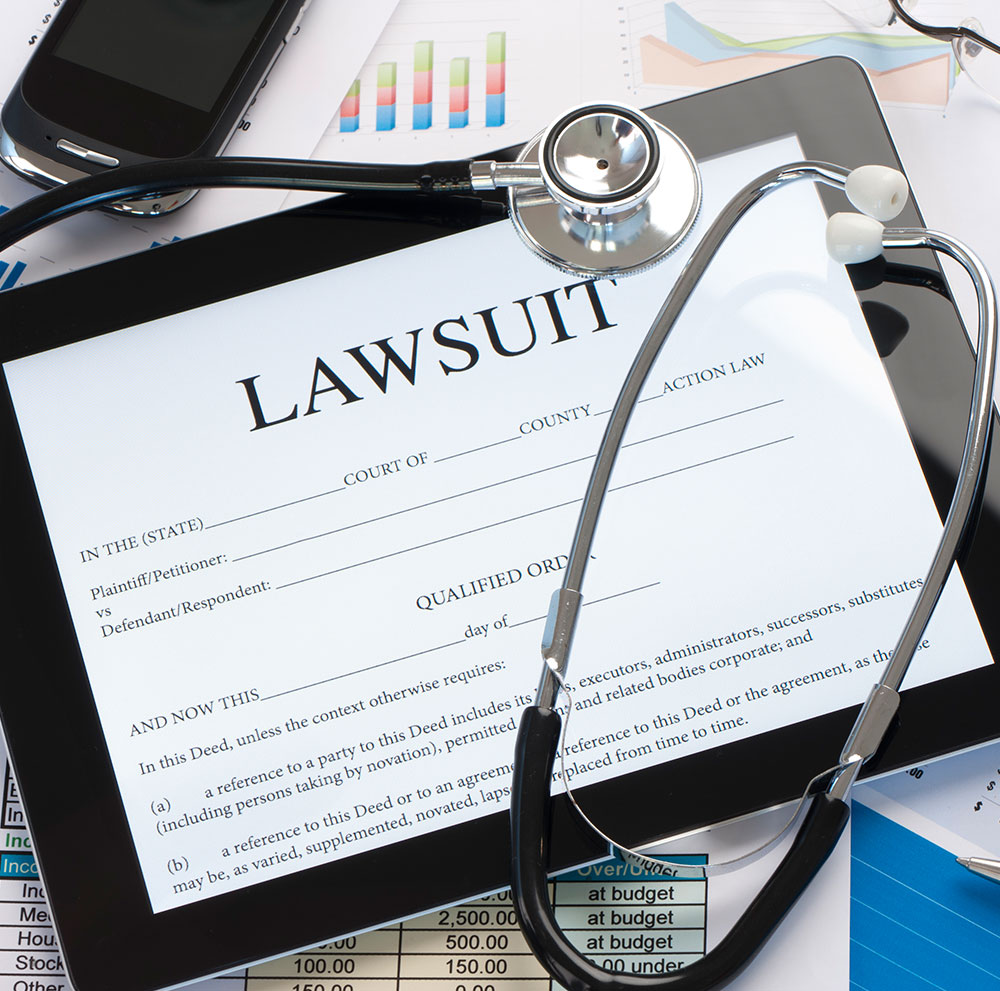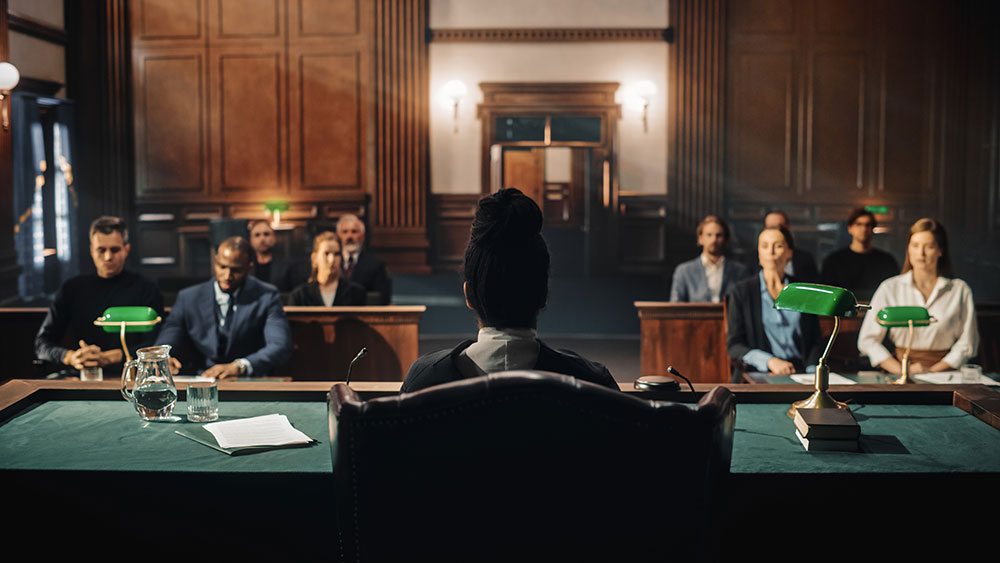Timeline of a Personal
Injury Claim
Hiring an Attorney Lets the Insurance Company Know You Mean Business
If you have not yet hired a personal injury attorney, remember that generally, it is not in your best interest to accept an early bodily injury offer from an insurance company. Insurance companies are notorious for offering lowball settlement offers, usually much lower than your case is worth. Insurance companies do this because most people are not aware of the process or the value of their cases… and insurance companies know this! Without legal representation, insurance companies hope a claimant will accept their lowball offer so they can quickly get rid of your claim at the lowest cost possible.


Demand Letter
Once all records, bills and other evidence are received at our office, your legal team will draft a demand which lays out all of the specifics, presenting the facts and strengths of your case. To craft this letter, all information will be taken into careful consideration by your attorney and team. At this point, your attorney will consult with you to decide the suitable amount to demand from the insurance company. Generally speaking, this amount should support the notion of making you feel whole again after someone’s negligence.

Accepting a Settlement Offer from the Insurance Company


LITIGATION PHASE - Filing Suit

Service
In order for a lawsuit to commence, a defendant must be served with paperwork. This is usually done by the sheriff of the county in which the defendant lives. However, if the sheriff is unable to serve the defendant, a special process server may be hired to help serve the complaint. However it happens, under most circumstances, a lawsuit cannot begin until the complaint is served on the defendant.
There is no set period of time for how long this can take, as people can move and sometimes deliberately evade service. In a perfect world, this process can take under 30 days, but can last much longer, depending upon the difficulties encountered in locating and serving the defendant.


Answer
The defendant will respond to each allegation in your complaint in one of the following ways:
admitted;
denied; or
insufficient knowledge to admit or deny.
The defendant may choose to file a counterclaim against you, or perhaps file a motion for the case to be dismissed.

Fact-finding and Discovery
At this point in a Georgia personal injury lawsuit, both sides will be asked to provide documents, sworn statements in the form of depositions, and be subject to interrogatories, which are questions about the injuries and circumstances of the case.
Your legal team will work with you to respond to Interrogatories and provide responses that will carefully and honestly answer appropriate questions. If you are deposed, you attorney will make sure you are well prepared for it.


Mediation

Court Motions and Settlements
The most common resolution to a Georgia personal injury lawsuit is a settlement. Most times, a personal injury lawsuit is settled before going to trial (through mediations or additional negotiations). If a settlement is reached, the plaintiff ceases all court action against the defendant for a sum of money that has been agreed upon between you, your attorney and the defendant’s attorney.
When court motions or settlements cannot resolve a case, it goes to trial. Your Atlanta personal injury attorney can explain each motion that is filed in your case and what they mean to the overall process.


